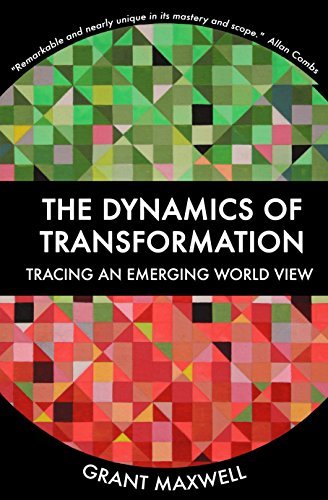What do you think?
Rate this book


215 pages, Kindle Edition
Published December 12, 2016
"Like water boiling or ice melting, world views are susceptible to comparatively abrupt transformations precisely because they are not given, but are elicited by our participation in the creation of the world’s meaning."[2]
"… if we change our beliefs, whether intentionally or impelled by the witnessing of new evidence, the world can appear suddenly and radically different to us …[7]"
"[The] … participatory perspective acknowledges that if human consciousness is evolved from and embedded in the world it seeks to know, then the mind can be understood as the world coming to know itself."[11]